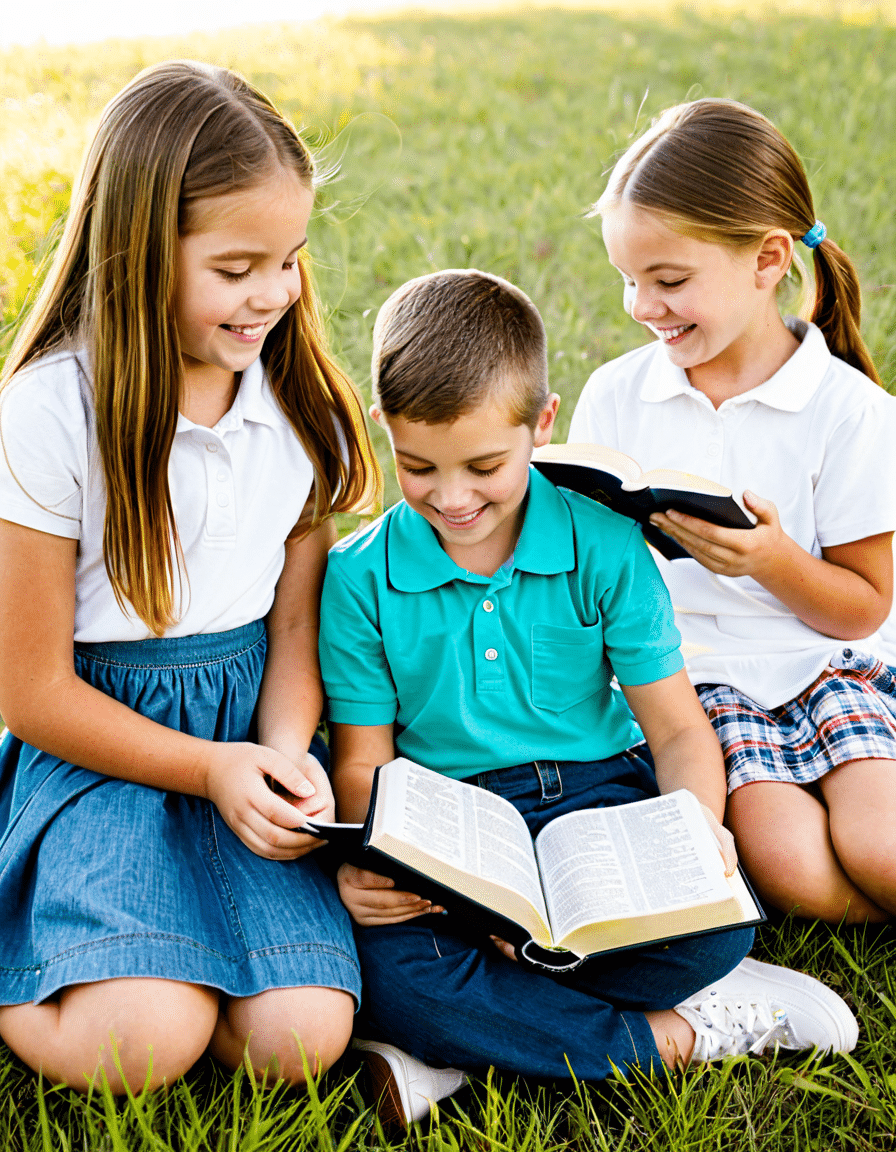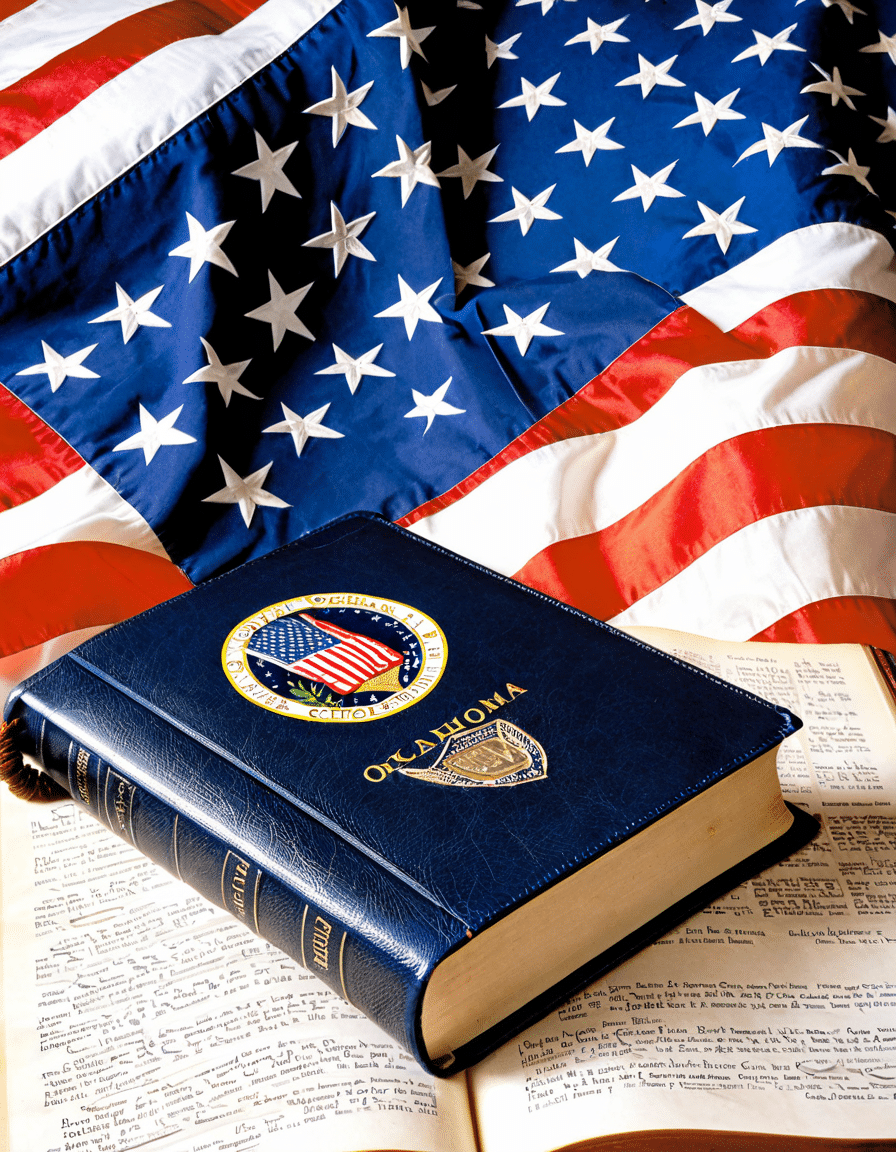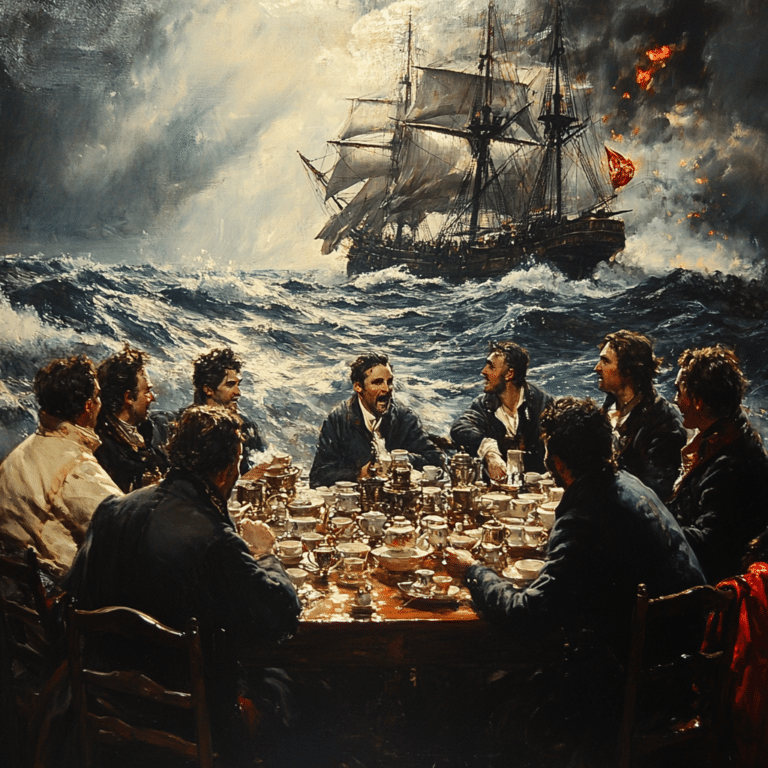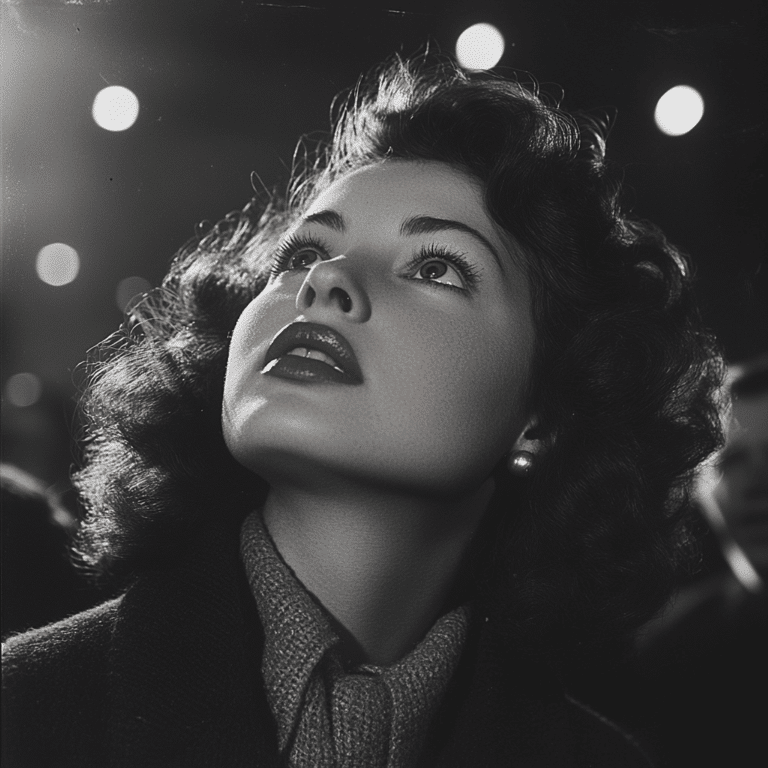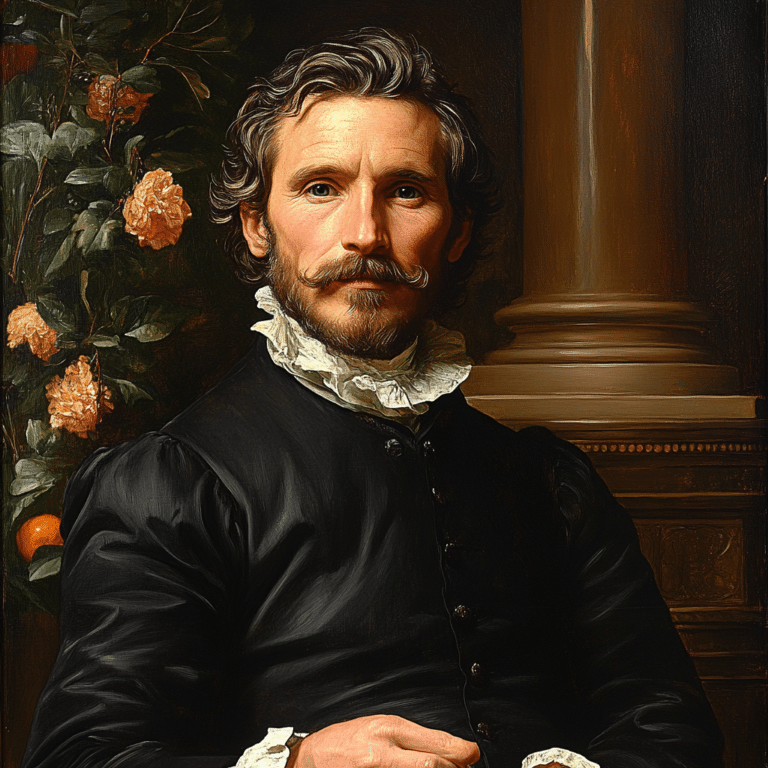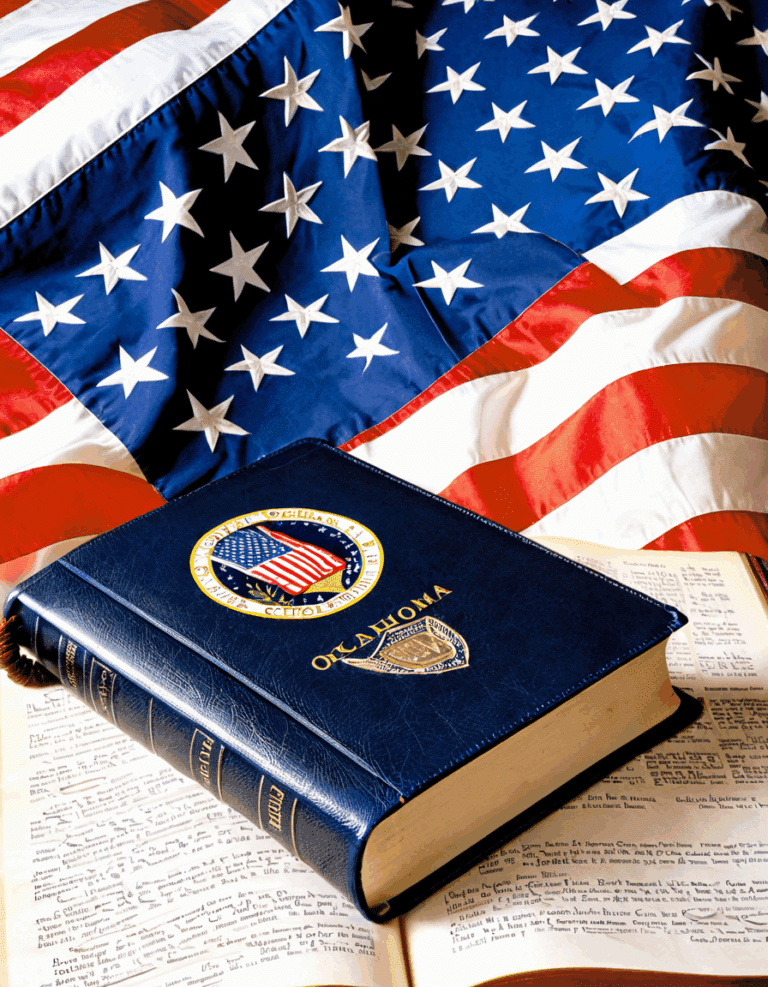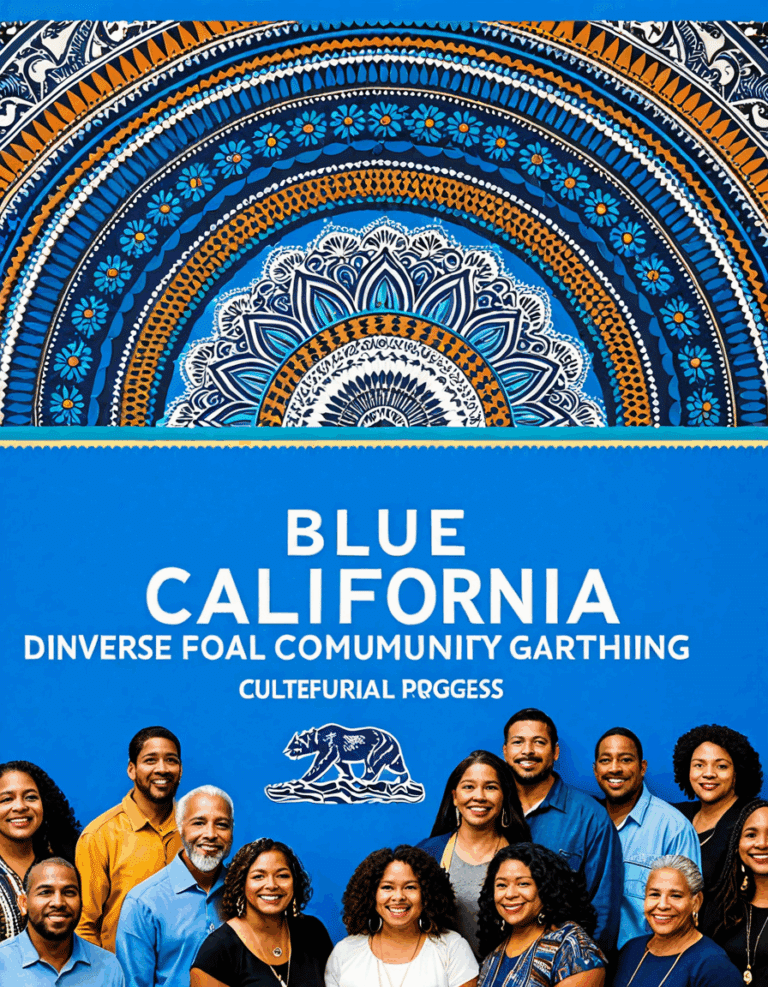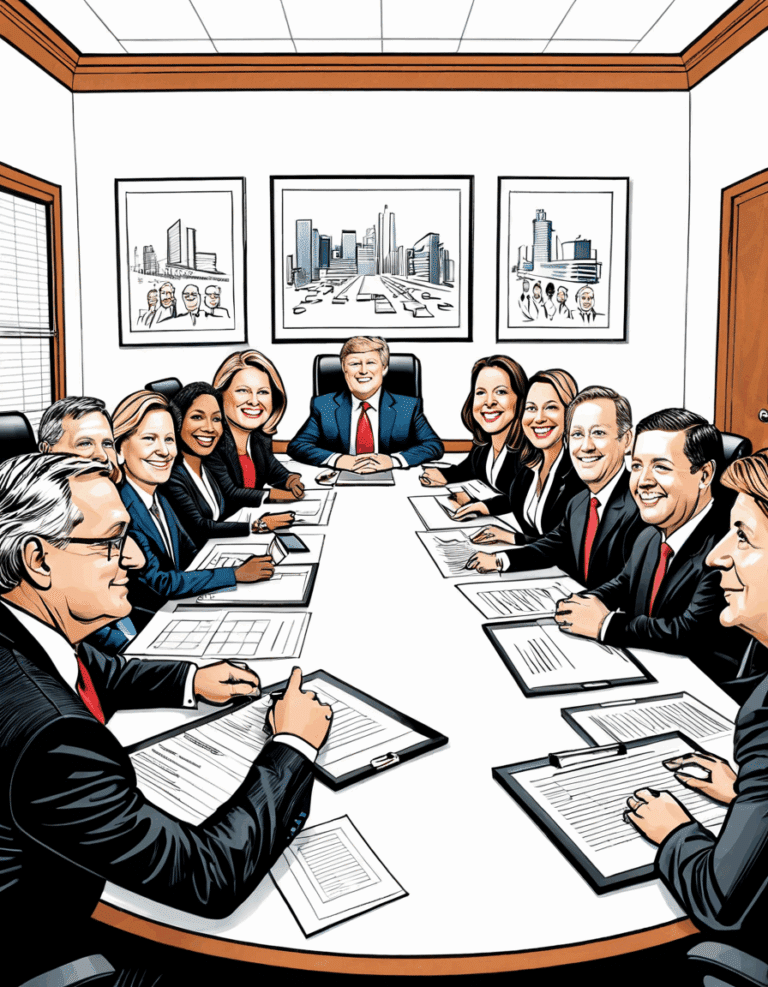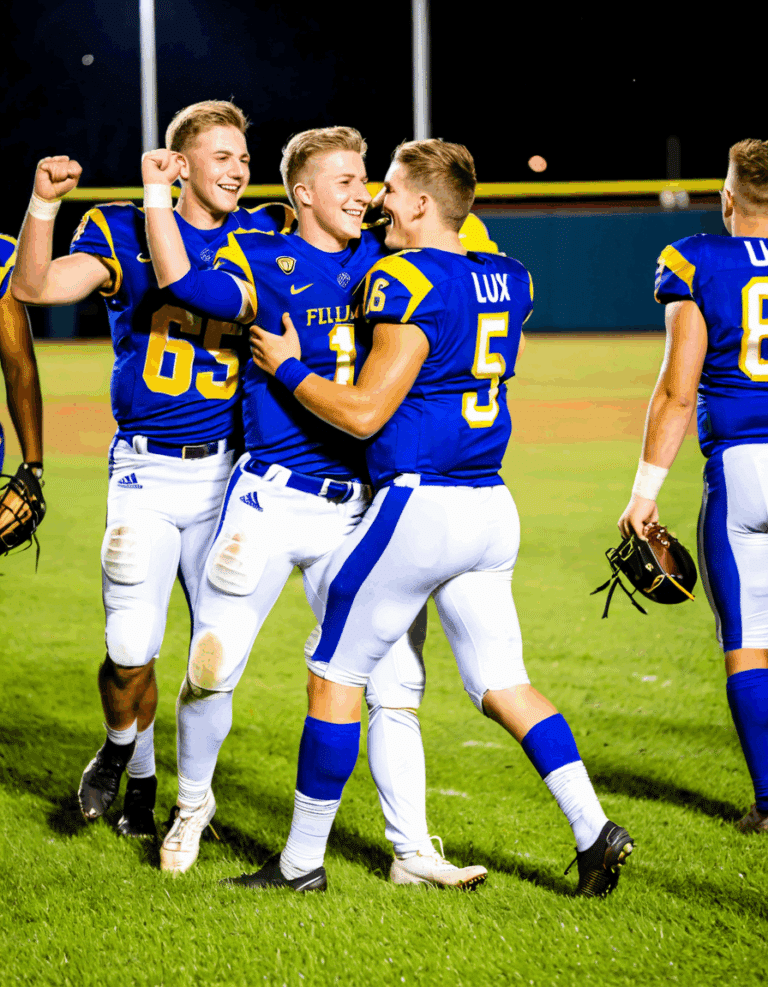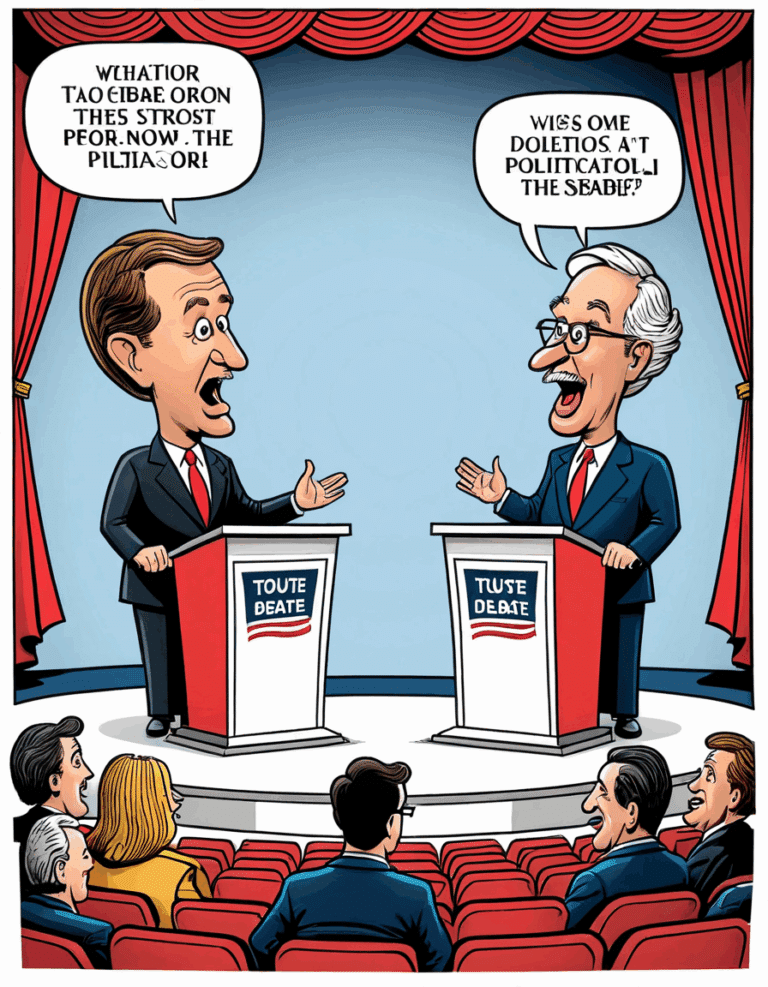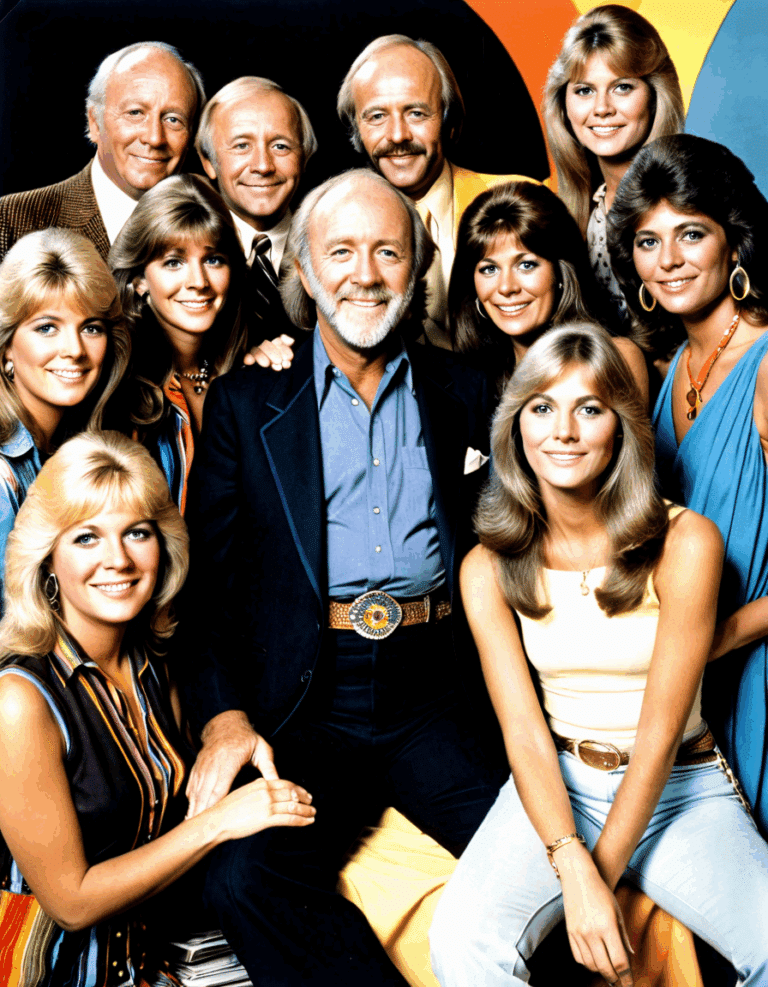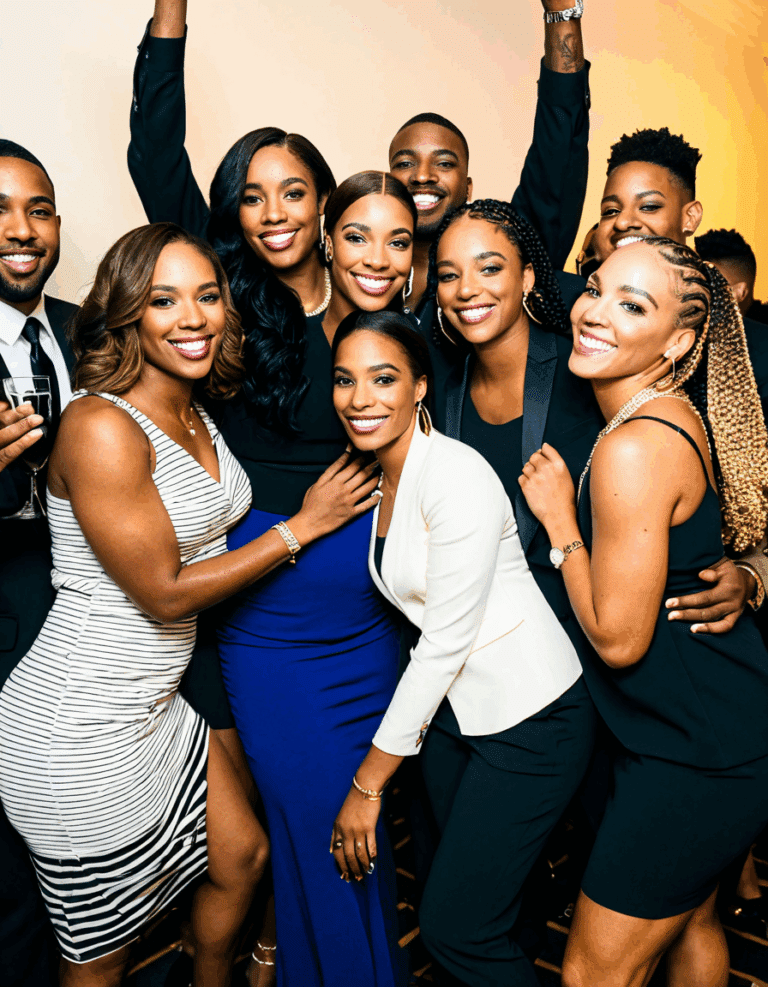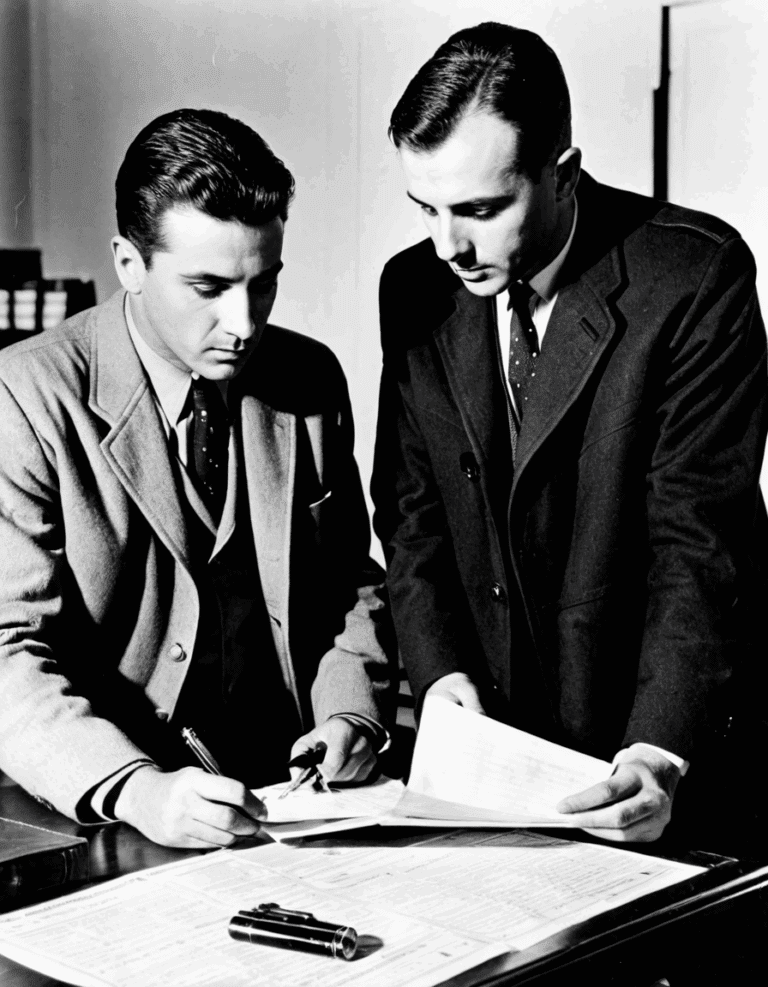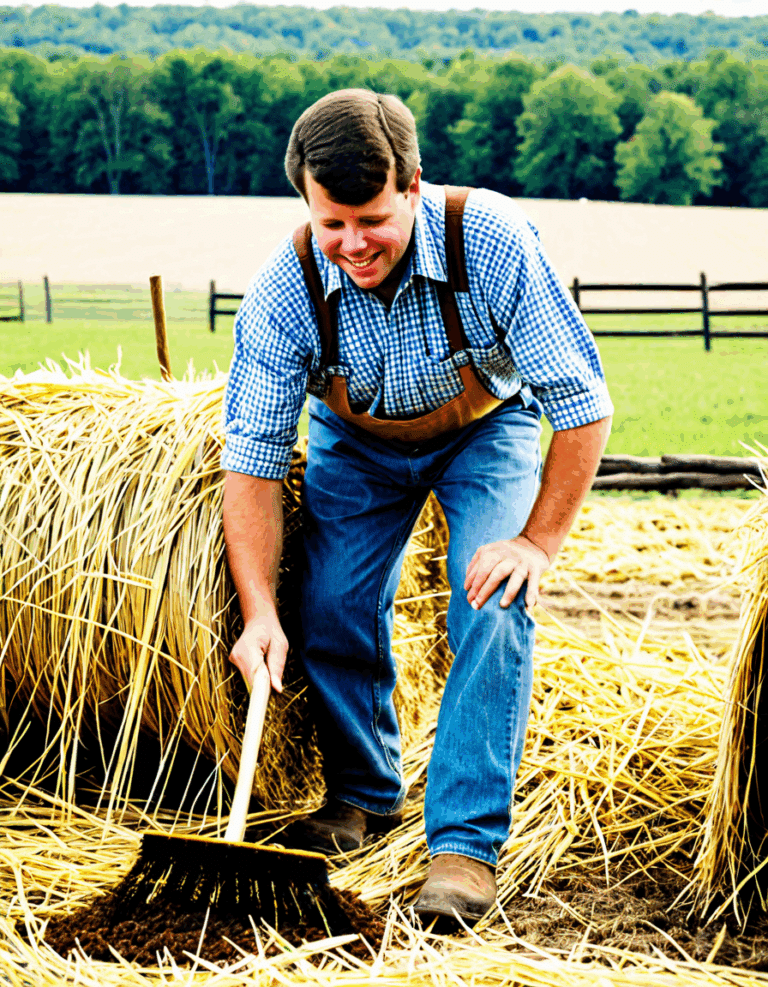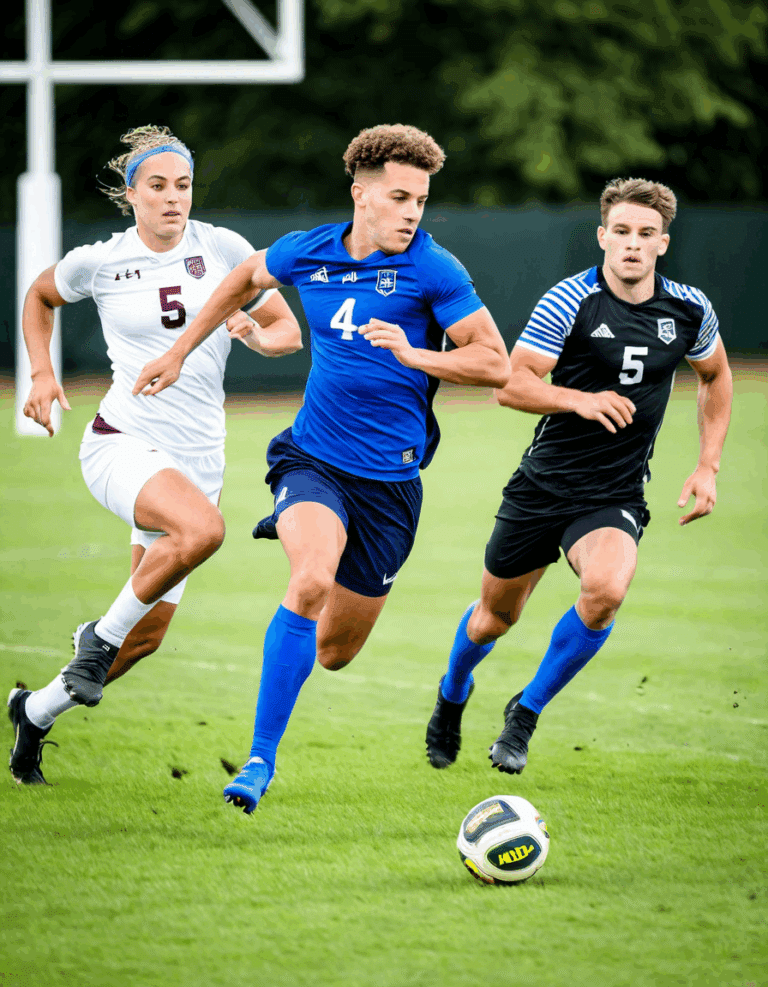The debate over the incorporation of the Bible into Oklahoma schools has reached a fever pitch, spotlighting issues of faith, education, and the age-old discussion of church and state. As Oklahomans grapple with the implications of this movement, the conversation has drawn in political figures like Kari Lake, who has effectively used social media platforms, especially Twitter, to shape the dialogue. The ramifications go beyond the classroom, hitting right at the heart of traditional values, parental rights, and what type of education we want for our children.
In this bustling landscape, let’s dive deeper into this pivotal debate concerning the Oklahoma schools bible initiative. Here are five key aspects to consider that highlight the multifaceted nature of the discussion.
Legislative Pushes for Bible Curriculum
Oklahoma faces significant legislative pushes aimed at including Bible study in school curriculums. Bills advocating for classes that delve into the Bible’s historical context have emerged, reigniting passionate discussions among educators, lawmakers, and faith-based groups. Supporters claim such objectives are vital for understanding Western civilization’s roots. They value the biblical text as a cornerstone of cultural education, promoting moral values alongside academic growth.
However, many opponents raise alarms about the potential risks involved. Critics argue that introducing these courses could infringe on the secular nature of education. They express concern that mandating Bible study may lead to an environment resistant to diverse ideas, stifling critical thinking in young minds. These discussions speak directly to the broader debate about how much influence religion should exert in public education.
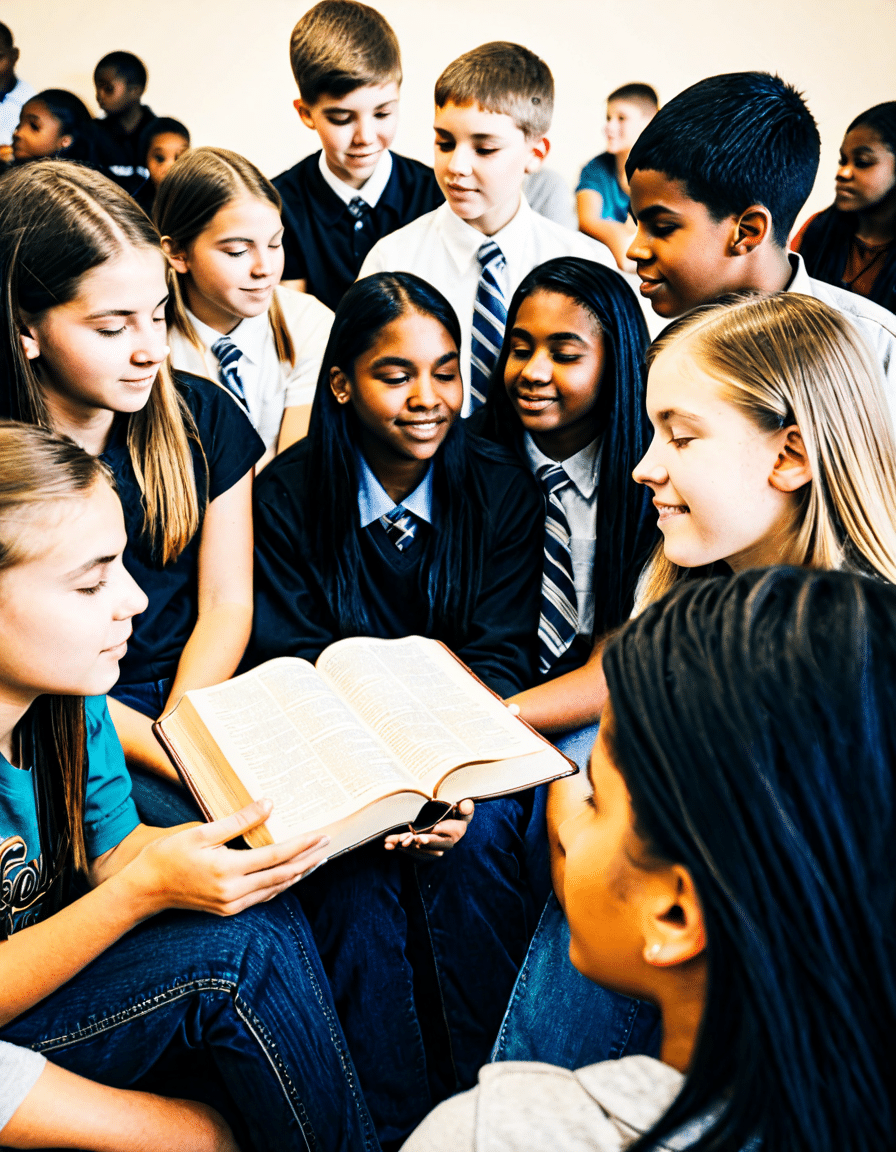
Impact on Academic Freedom
As Oklahoma flirted with religious-based curriculum changes, the impact on academic freedom looms large. Educators worry about the possibility of limiting diversity within the classroom. They voice fears that pushing a singular narrative—focused predominantly on biblical texts—could undermine the critical thinking skills that are essential in today’s diverse global society.
The queries raised are crucial: What does a well-rounded education look like? Are students being prepared to engage with a multitude of perspectives, or could such courses simplify rich cultural tapestries into one-dimensional viewpoints? It appears the debate adds layers to our understanding of academic freedom and the duty schools have to offer a balanced education.
Public Reaction and Activism
The Oklahoma schools bible debate has ignited a fierce public response. Proponents of Bible education have taken to the streets, conducting rallies and utilizing social media to voice their support. While many local churches and faith-based organizations see this as a chance to reclaim educational space for biblical teachings, groups like the Freedom From Religion Foundation stand vehemently against the proposed changes.
The activists who favor the Bible’s inclusion paint a picture of education that intertwines moral teachings with academic subjects. Meanwhile, their opposition invokes fears of a slippery slope—the potential for eroding church-state separation. Public forums serve as platforms for heated dialogues, reflecting just how divisive this issue has become across the state.
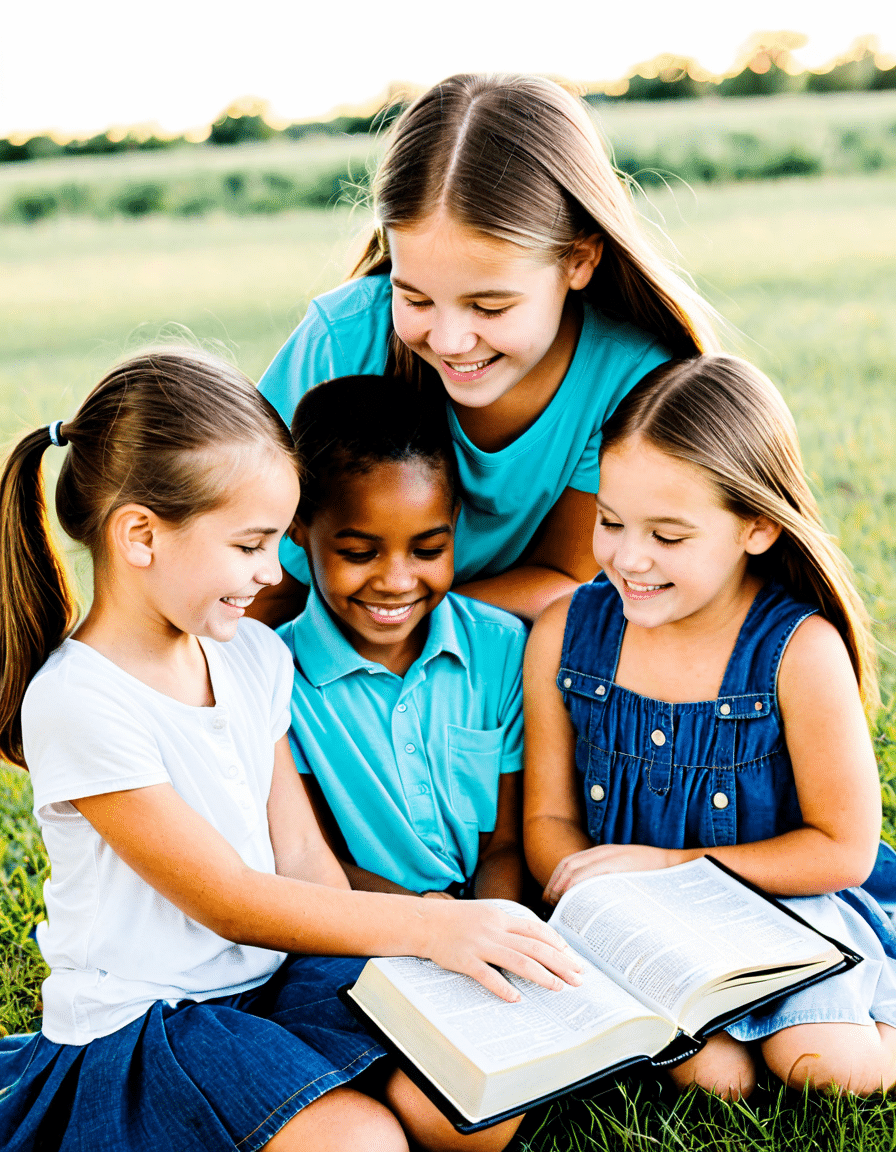
Kari Lake’s Role in the Discussion
Kari Lake has seized the moment by leveraging her substantial social media presence to advocate for religious education in public schools. Her tweets resonate deeply with conservative constituencies, propelling discussions on Oklahoma schools bible integration into the national spotlight. By daring to stand up for these initiatives, Lake amplifies the voices of individuals including families who feel marginalized in ongoing education dialogues.
By clearly articulating the moral and historical importance of the Bible in educational settings, her perspective brings focus on grassroots efforts that claim such curriculum modifications are crucial for reestablishing traditional values in schools. Lake’s engagement demonstrates the power of political leaders to influence public opinion and initiate broader discussions on education policy.
Legal Implications and Court Challenges
Legal challenges loom as schools across Oklahoma consider implementing Bible study programs. With concerns about violating the Establishment Clause of the First Amendment, the threat of litigation remains ever-present. This issue is not new; landmark cases such as Engel v. Vitale and Abington School District v. Schempp serve as grim reminders of the judicial risks involved with sanctioning religious instruction in public schools.
Legal scholars keep a watchful eye on how these cases may influence the Oklahoma schools bible initiative. Would schools be able to uphold constitutional principles while promoting religious education? These legal battles are poised to set precedents that could have ripple effects on educational policies nationwide, particularly as states reevaluate their positions on the intersection of faith and instruction.
The Path Forward for Oklahoma’s Educational Landscape
As Oklahoma stands at a critical crossroads regarding the Oklahoma schools bible, the future remains uncertain yet significant. As legislative proposals rise and fall, it becomes imperative to engage in respectful, constructive dialogues that balance educational integrity with the desire for religious expression.
In navigating this contentious terrain, Oklahoma must strive for a solution that appropriately incorporates faith-based teachings while also empowering students with the diverse perspectives necessary to thrive. The outcome of this debate may well set a meaningful precedent, influencing educational policies beyond state borders for years to come.
In the end, as the nation watches Oklahoma’s evolving educational policies, the ongoing discourse on what role the Bible and other religious teachings should play in public education will continue to spark discussions of faith, freedom, and what the future holds for America’s youth.
The Oklahoma Schools Bible Debate: Fun Facts and Trivia
The Quirky History of Bibles in Schools
Did you know that the debate over the Oklahoma schools Bible isn’t just a modern phenomenon? It actually harkens back to the days of early American education. In fact, many public schools across the U.S. originally used the Bible as a primary textbook, teaching students not only religious morals but also reading and comprehension skills. This practice set a foundation for much of the educational philosophy we still see today. Speaking of foundations, if you’re curious about how certain substances, like Ativan, affect the body, check out this interesting insight on how long does ativan stay in your system.
In pop culture, religious themes often find their way into mainstream narratives. For instance, while the Oklahoma debate is about spiritual education, many might think of works like Working Girl, where struggles and aspirations are emphasized without a religious backdrop. This reflects a fascinating juxtaposition in societal views—how different narratives can coexist within the same community. And did you know that famed sports commentator Pat Summerall once voiced his opinions on nationwide educational issues? Just goes to show how sports figures sometimes step into broader cultural conversations!
Famous Faces and Historical Context
It’s interesting to consider how education shapes future leaders. Josh Maravich, a notable figure in the sports world, has roots that remind us of how the Oklahoma schools Bible could play a part in shaping young minds. The relationship between education and personal development is crucial—and while some might pull in historical references, others simply look at the current events surrounding the legislation. Even politics is never far from these discussions; Mitch Mcconnell has weighed in on numerous education-related issues over his long career, reflecting the ongoing debate surrounding such pivotal matters.
Moreover, the ongoing weather disruptions in various parts of the U.S., like the southern California winter storm, remind us how outside factors can influence educational policies and debates. Just as severe weather might cause school closures, frameworks like the Oklahoma schools Bible situation can reshape how curricula are set. There’s a dynamic interplay at work, illustrating how educational content is constantly molding society and vice versa.
Closing Thoughts
As we explore the discourse around the Oklahoma schools Bible, it’s essential to understand its broader implications. This topic stretches beyond mere academic debate; it’s a reflection of shifting cultural values and historical context. Additionally, if you’re curious about what’s happening in various regions, like the weather in Appleton, WI, you’ll find that local conditions often mirror citizens’ opinions on educational frameworks. Wouldn’t you say it’s a fascinating time to engage with such discussions? As more individuals like Brendan Depa dive into these controversial topics, the conversation will only grow richer and more intricate!
